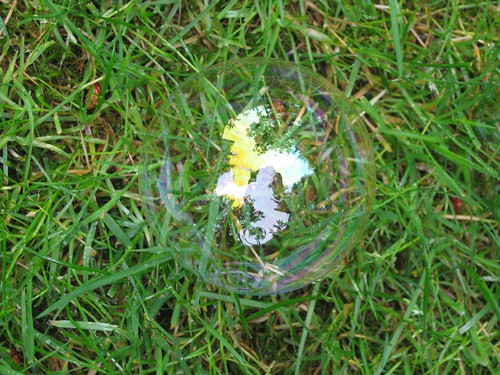
Human memory reinvents itself all the time. Every time you remember something, you modify it a little bit, in part dependent on the context in which you recall it. That is because the brain's storage is not as exact as written text. It is always a mixture of many facades of the past event: images, pictures, feelings, words, facts and fiction -- a "re-collection" in the true sense.
Technology is only an enabler -- that it allows functions to happen faster, easier and over longer distances. "The business issues of engagement, setting goals and alignment are still big gaping holes in most companies." "Because of technology, it's easier to solve these problems." For example, networking is generally considered to be a good thing.
Probably everyone on your team agrees that elearning should be concise and lively. But does everyone agree on what "concise and lively" looks like? Here's one way to get everyone on the same stylistic page.
Case studies can serve as a touchstone for discussions of real-world situations in organizations.
Content today is increasingly delivered by audio both online and in the real world. We have radio shows and newscasts, and in recent years, podcasts, audio books and navigation/car assistance systems have been added to the field. Audio is more emotional, as sound effects and acoustic atmosphere enhance content to help deliver its messages. It also affords users the opportunity to interact with content while their hands and eyes are busy (i.e. when doing physical work, driving, walking, etc). However, the inclusion of audio often results in usability issues that make it difficult for users to access and understand content. That is why we need new tools to organize linear content like audio.
Can you imagine someone who works in a factory that processes metal not knowing how to use a blowtorch? How can you imagine yourself as a highly-paid knowledge worker and not know how to do these things...
Herodotus, the Greek historian, reported that the ancient Persians always
made important decisions twice -- first when they were drunk, and then
again when they were sober. Only if the Persians reached the same decision,
drunk and sober, would they act on that decision. The approach apparently
worked -- the Persians dominated the much of the Middle East and Central
Asia for three centuries.


No comments:
Post a Comment